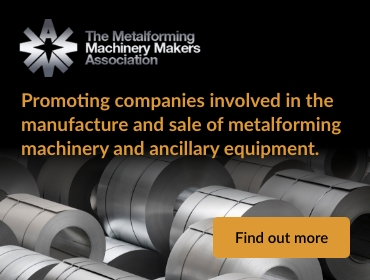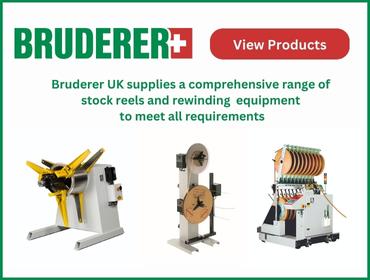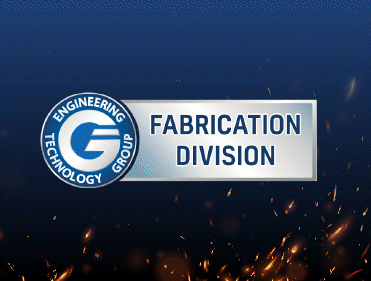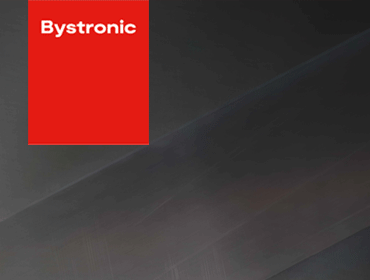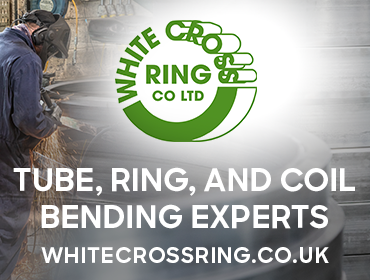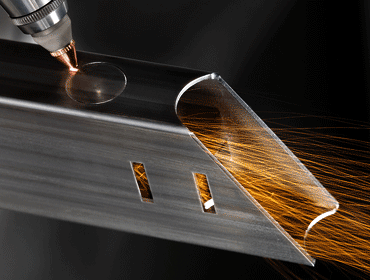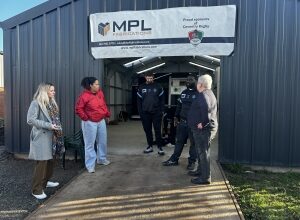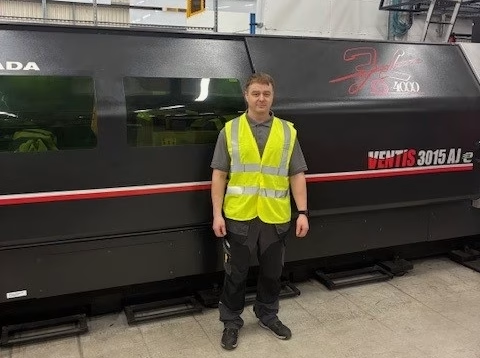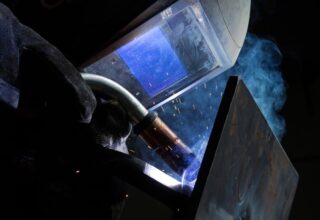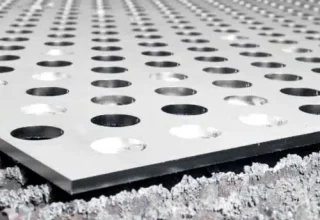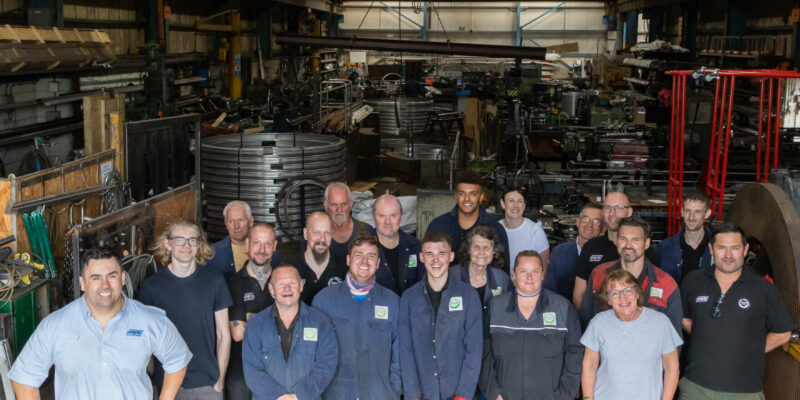
What do you do when production grinds to a halt? Not because of faulty machinery or a lack of workers, but because your suppliers have let you down – again?
You could look to source the parts you need elsewhere – that’s one way around it. Another might be to find alternatives for the parts you’re currently using. A third, more drastic yet long-term solution, would be to cut out the suppliers entirely and fabricate the parts yourself.
That’s exactly what Brian Vierod and Brian Wood did over 50 years ago when disruption to their angle ring and flange supply threatened to hold up production for their clients.
After that happened, they never looked back.
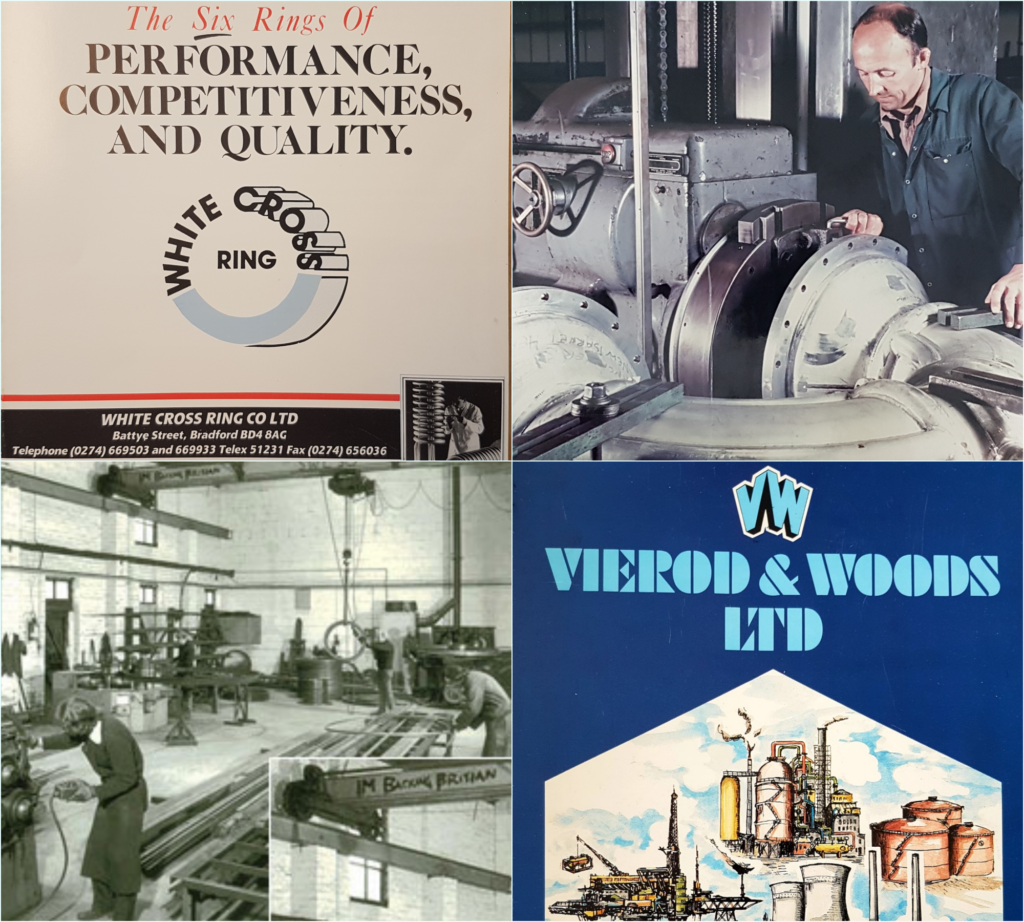
A tale of two Brians
The “two Brians” as they were known, set up their new ring rolling business in the early 1960’s as an offshoot to their newly established fabrication company Vierod & Woods. Operating in the White Cross area of Guiseley in Leeds, they initially produced basic section bending, rolled rings, and flanges to fulfil not only their own needs but also many of the other engineering companies in the local area and beyond.
Vierod & Woods became a large, well-known steel fabrication company during this period, fabricating plant machinery for the chemical and petroleum industries. “It soon became obvious there was a need for these parts and that there was a massive gap in the market for rolled rings,” explains Tom Horner, White Cross Rings MD and grandson of co-founder Brian Vierod.
“It was a big step branching out but it turned into a credible business,” he says.
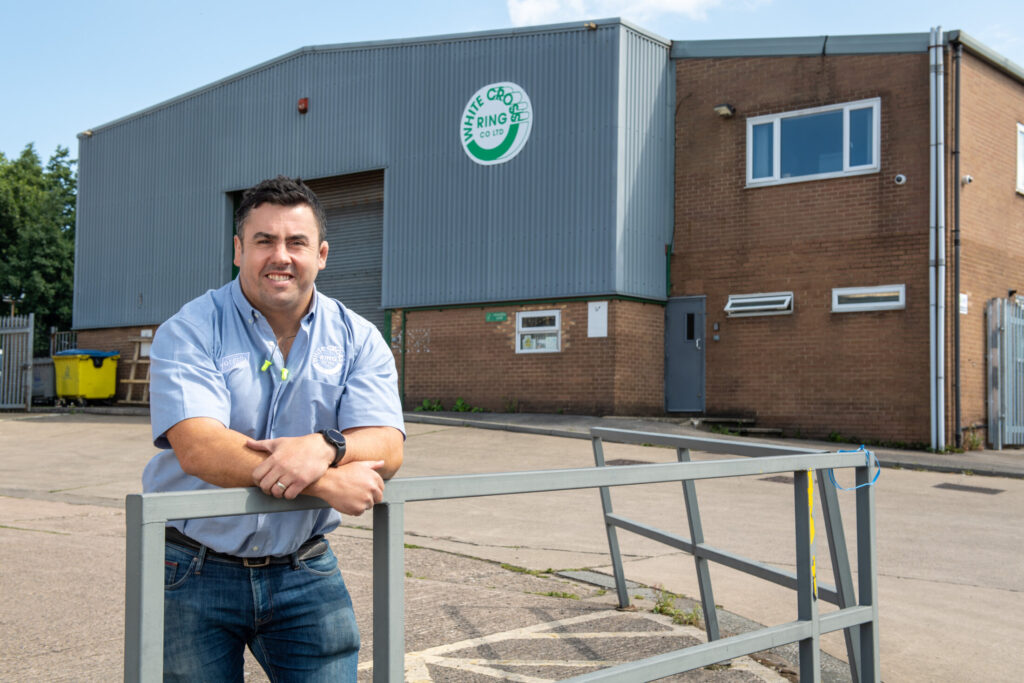
Keep on rolling
Named after the area of Leeds where it was established, White Cross Ring Co Ltd grew steadily. In the 1970s, the company moved to larger premises in Bradford where it’s still thriving today.
From its beginnings as a ring rolling operation, WCR spent the next 20 years developing its offerings as a family business, incorporating other manufacturing and fabrication services in line with customer demand.
From simple section bending to more complex tube manipulation, the company now offers a comprehensive range of fabrication services alongside its staple components.
The team has also grown and now includes two fathers and their sons, as well as Tom’s siblings who work on the shopfloor and in the office, and his parents, who are shareholders. “It’s a unique family dynamic!” he beams. “It makes me proud that this legacy has been built by my granddad.”
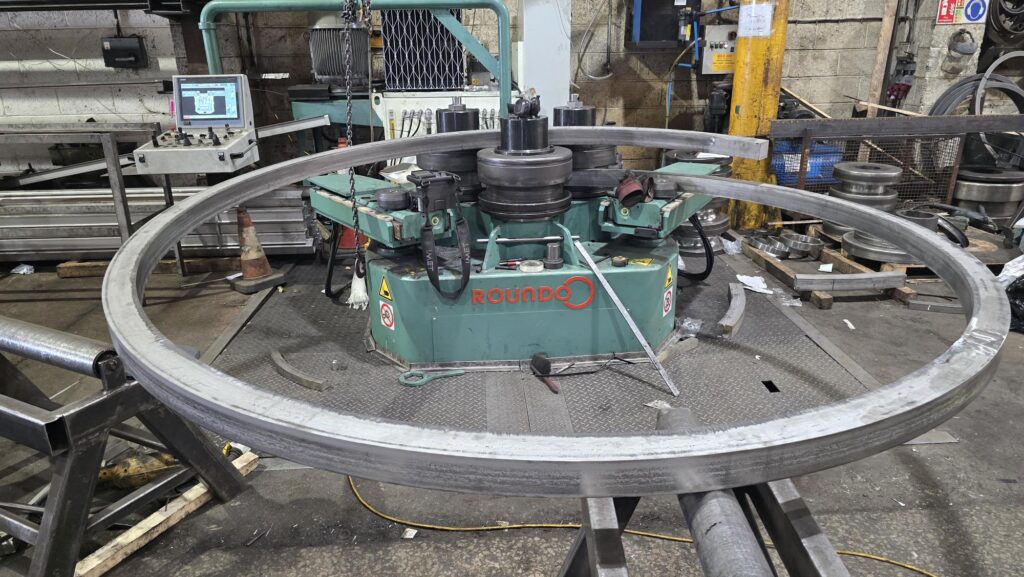
Get a grip!
In 2010, White Cross Ring Co Ltd acquired Yorgrip, expanding its Bradford premises to incorporate the aluminium platform manufacturing company.
“With so many links between our customers in the commercial vehicles industry, acquiring Yorgrip was a natural progression,” Tom points out. “Yorgrip supply a lot of the ladders and walkways for tankers, which ties in really well with White Cross Ring’s offering. It just made a lot of sense from a business point of view, but also from a customers’ point of view as well.”
This customer-first ethos is one aspect of White Cross Ring’s business that hasn’t changed over the last half a century. The same open-minded willingness that led his grandfather to start the company still drives Tom’s approach to meeting and exceeding his customer’s needs and expectations today.
“No job is too small,” Tom states, emphatically. “If a customer comes to us, we always do our best to achieve the results they want. It might mean trying a process we’ve not done before, but then word spreads and that small job can lead to much larger ones. That willingness to treat everyone the same and try new things, never knowing where it could lead, is really important, and it’s brought us a lot of new custom over the years.”
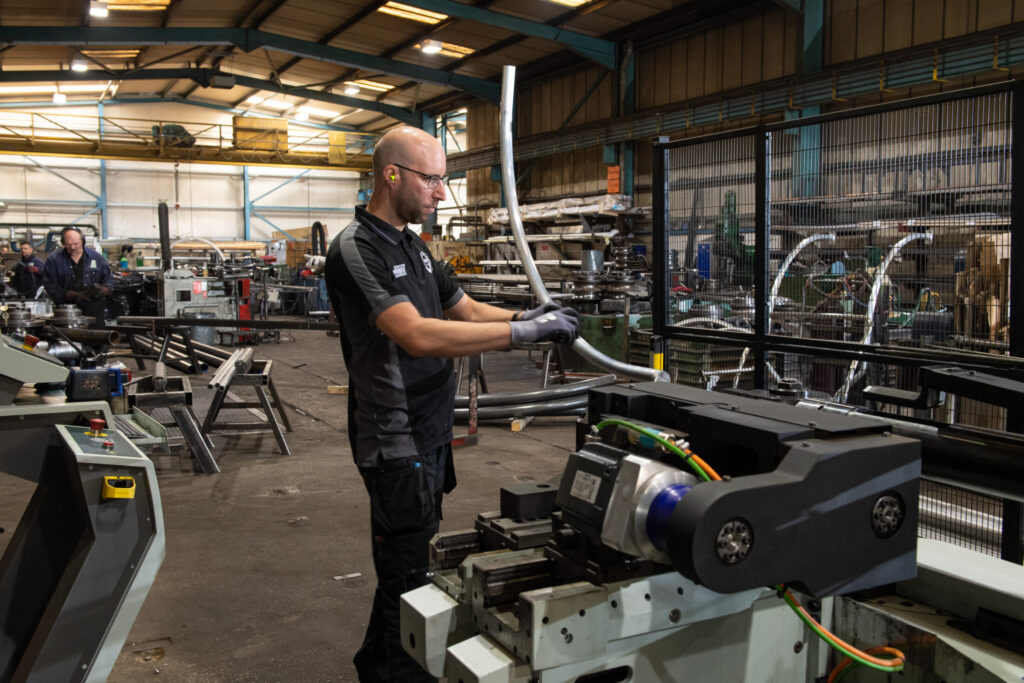
ISO 9001 certified
Another aspect of WCR’s development that cements its customer-first status is its ISO 9001 certification, which it’s held since 2017 when Tom took over as MD.
“Initially we did ISO 9001 to put processes in place that weren’t there. When we tied those processes in with our new production system, that really helped drive our standards,” he explains. “Now the systems have embedded, it helps me know exactly where we are and how we can move forward – when issues arise, we can fix them and make sure they don’t recur. It also makes sure the quality of the products our customers receive is top notch.”
“A lot of customers want traceability, and it gives them comfort knowing we’ve got that certificate. It’s opened doors for us too,” he says, “especially in procurement, where bigger companies expect you to have ISO 9001.”
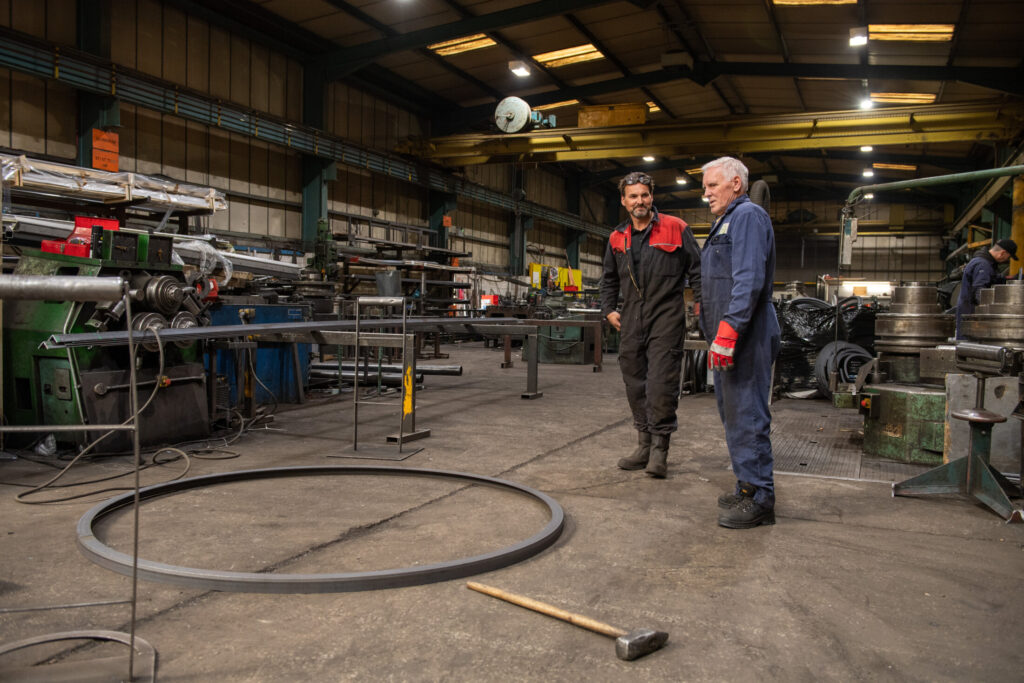
A future-proof factory
A lot has happened within the industry over the last 50 years. Manufacturing equipment has evolved, technology has changed, and customer demands have increased along with expectation. But many things have remained the same; a need for good service, traditional values, and a client-first approach. Striking a successful balance between these is what’s kept White Cross Ring at the forefront of the sector.
“We have a very loyal workforce, some members have been with us for 35 years – and that speaks volumes, but those guys are now looking forward to retirement. It’s vital we modernise our equipment to make it usable for a younger generation,” Tom shares.
To that end, White Cross Ring has just taken ownership of a brand-new BLM E Turn, a left-hand, right-hand tube bending machine, which Tom describes as “pretty cool” (we at Sheetmetalindustries.com are inclined to agree).
With the factory almost at capacity, Tom now faces the tricky decision of whether it’s time to expand again. He’s also looking into alternative power sources, including harnessing solar energy. For now, he’s looking ahead to the summer and the possibility of an open house to showcase White Cros Rings’ new machinery and capabilities… could furniture production soon be on the cards? Watch this space!
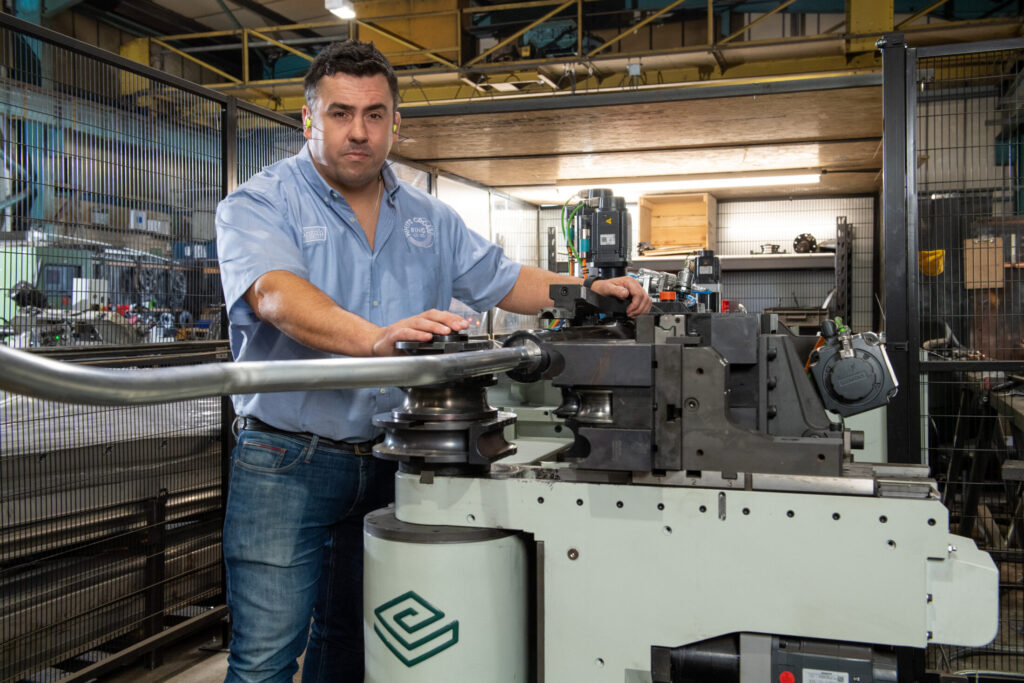
White Cross Ring Co Ltd


